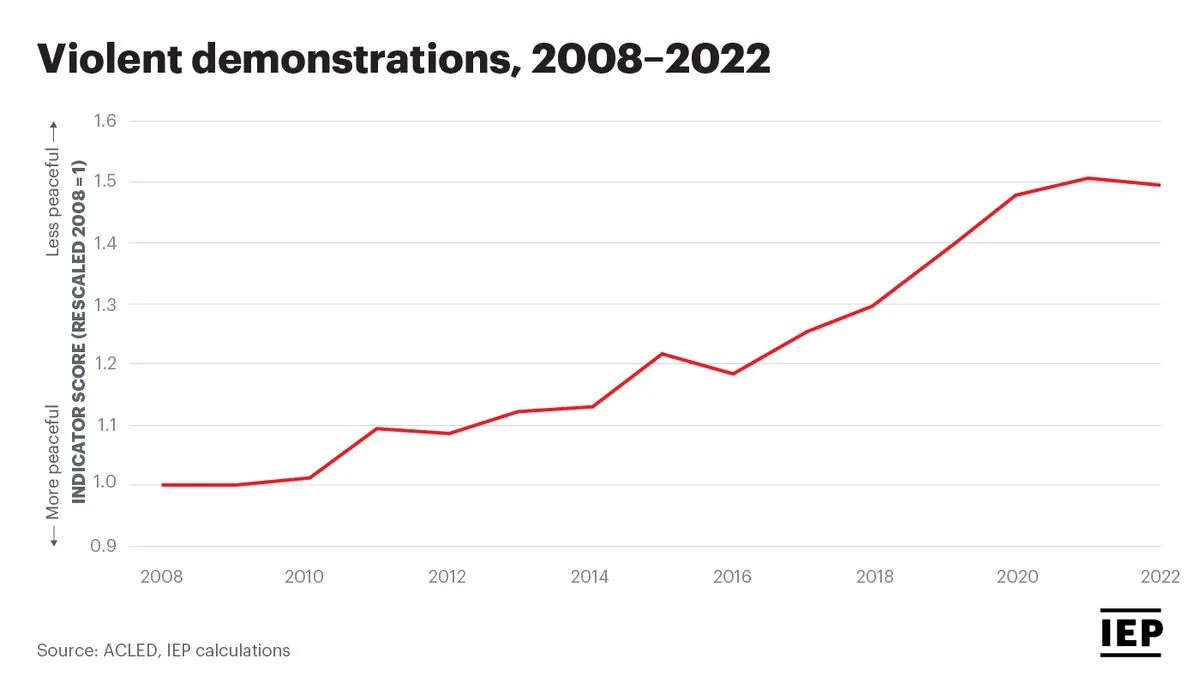Rule-of-Law Reform: Key to Preventing Global Conflicts
U.S. foreign policy needs a shift in approach to rule-of-law promotion. Recent conflicts highlight the importance of addressing legal issues to prevent violence and instability worldwide.

The role of rule-of-law issues in sparking modern conflicts is often underestimated. A prime example is the case of Boko Haram in Nigeria, which transformed from a non-violent Salafi Muslim sect into a destructive force in the Lake Chad region. The group's violent turn was triggered by a seemingly innocuous 2009 helmet law for motorcyclists.
When police enforced this law against Boko Haram members en route to a funeral, the resulting confrontation led to injuries and a broader crackdown. This event, which resulted in over 700 deaths including the group's founder, catalyzed Boko Haram's shift towards extremism under Abubakar Shekau's leadership.

Similar patterns have emerged elsewhere:
- In Cameroon, peaceful protests by English speakers against perceived discrimination escalated into a separatist movement.
- Colombia's FARC insurgency, lasting over five decades, originated from inequitable power-sharing and weak rule of law in remote areas.
- Ethiopia's Tigray conflict in 2020 stemmed from disagreements over election postponement due to COVID-19.
These examples underscore the need for effective rule-of-law promotion in U.S. foreign policy. However, current efforts face challenges:
- Section 660 of the Foreign Affairs Act (1974) restricts U.S. support for foreign law enforcement.
- Programs like ICITAP (est. 1986) and OPDAT (est. 1991) operate with limited budgets.
- USAID's 2023 "people-centered" justice approach, while important, may not fully address government-level issues.
To enhance rule-of-law promotion, the following changes are proposed:
- Amend Section 660 to allow more comprehensive police training abroad.
- Expand and streamline ICITAP and OPDAT programs.
- Shift focus from military to police and courts in rule-of-law efforts.
- Increase willingness to press partner governments on rule-of-law issues.
"An ounce of prevention is worth a pound of cure."
This approach is crucial in addressing situations like Turkey's 2022 "censorship law," which limits free expression. As a NATO member since 1952, Turkey's relationship with the U.S. provides an opportunity to advocate for stronger rule of law.
While not a panacea, these reforms can help prevent political disagreements from escalating into insurgencies, furthering U.S. objectives of promoting global stability. The challenge lies in balancing local empowerment with effective government-level engagement to create justice systems that are predictable, reasonable, repeatable, and restrained.


































